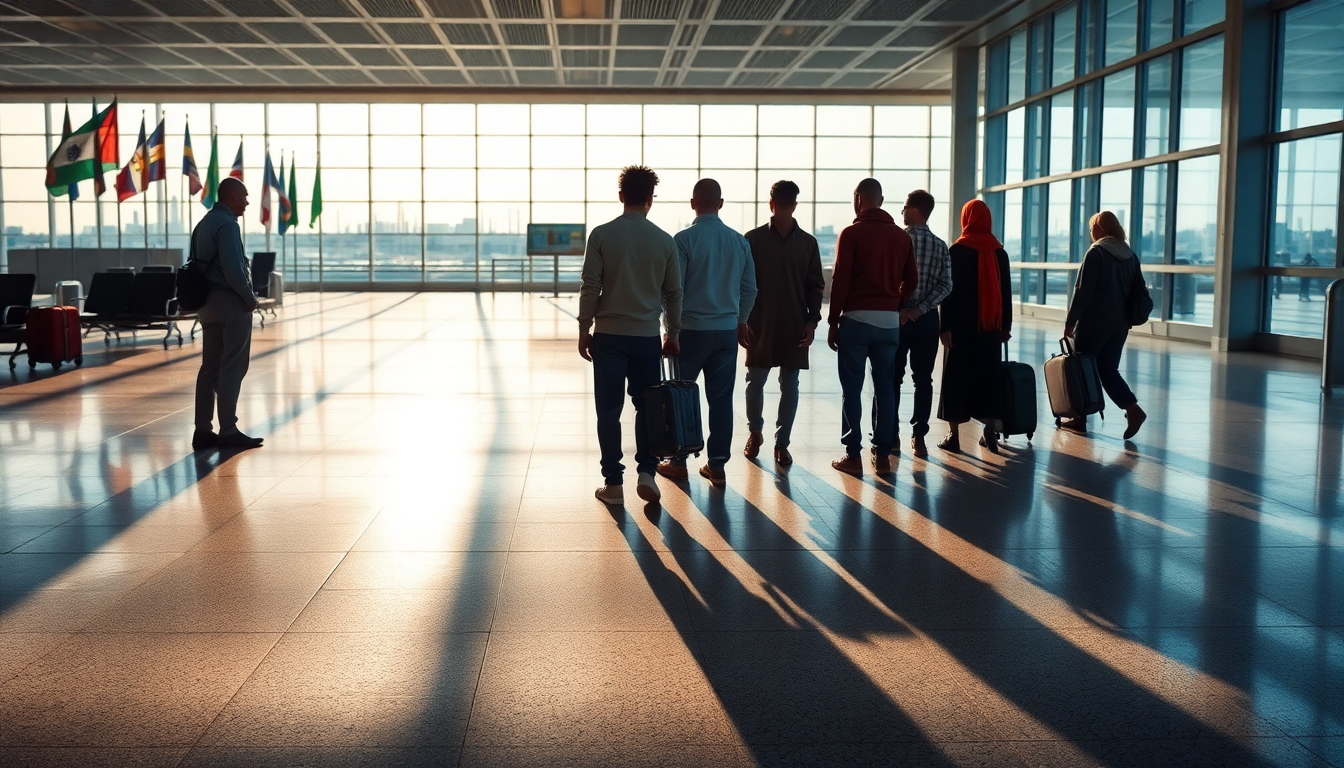Table of Contents
The recent decision by the United States to deport eight detainees to South Sudan has sparked a whirlwind of controversy and concern. Why is this move so alarming? It comes amidst significant legal battles and widespread warnings about the dangers facing this African nation, which is still grappling with ongoing conflict and instability. As the Department of Homeland Security (DHS) confirmed the deportations, many are left questioning the ethics and legality of sending individuals to a region notorious for violence and political unrest.
Background of the Deportation
On a day that symbolizes American independence, the US government executed its plan to deport eight men who had been held at a military base in Djibouti. These individuals come from a diverse set of backgrounds, including Cuba, Laos, Mexico, Myanmar, South Sudan, and Vietnam, and they faced serious criminal convictions ranging from murder to drug trafficking. Their deportation was greenlit after a US judge cleared the legal hurdles that had previously stalled these actions.
This group had been under guard for weeks, and their situation has become emblematic of the Trump administration’s broader strategy of mass deportations. Such deportations, especially to third countries, have drawn sharp criticism from human rights advocates. They argue that these actions jeopardize the safety and rights of those being sent back to regions known for violence and persecution. But what does this mean for the individuals involved?
Legal and Ethical Concerns
The legality of these deportations is hotly contested. Recent rulings from the US Supreme Court have permitted the administration to move forward with deportations that many believe violate due process. Progressive lawmakers, like Congresswoman Pramila Jayapal, have spoken out against these actions, arguing that sending individuals to a war zone is not only immoral but also contradicts the principles of human rights and dignity.
Legal arguments from the detainees’ representatives underscore the potential for what could be deemed “cruel and unusual punishment” stemming from these deportations. With the US State Department advising citizens against travel to South Sudan due to rampant crime and armed conflict, one crucial question emerges: how can the US justify sending individuals back to a country it considers unsafe for its own citizens?
The Broader Implications of Deportations
This incident reflects a larger trend that reveals a troubling shift in US immigration policy under the Trump administration, where deportations to third countries are becoming increasingly common. Critics argue that this practice undermines the principles of due process and international human rights obligations. The United Nations has also raised concerns about the ongoing political crisis in South Sudan, warning that it could trigger further violence and instability.
Legal experts and human rights advocates have condemned this strategy, asserting that it endangers those being deported and sets a dangerous precedent for how the US approaches immigration and asylum. The implications of these actions extend beyond individual cases; they challenge the very fabric of the human rights protections that the US claims to uphold.
Looking to the Future
As legal battles continue to unfold and the political landscape shifts, the future of deportations to conflict zones like South Sudan remains uncertain. Ongoing discussions surrounding immigration reform and the treatment of detainees are likely to shape the policies and actions of the US government in the coming months. Stakeholders from various sectors—including legal experts, human rights organizations, and policymakers—will need to engage in an open dialogue to address the ethical, legal, and humanitarian aspects of these deportations.
In conclusion, the recent deportations to South Sudan serve as a stark reminder of the complexities surrounding immigration policy and human rights. As this situation develops, it will be crucial for all parties involved to consider the impacts of their actions and the message they send to the global community. Are we really upholding our values, or are we losing sight of what it means to protect human rights?


